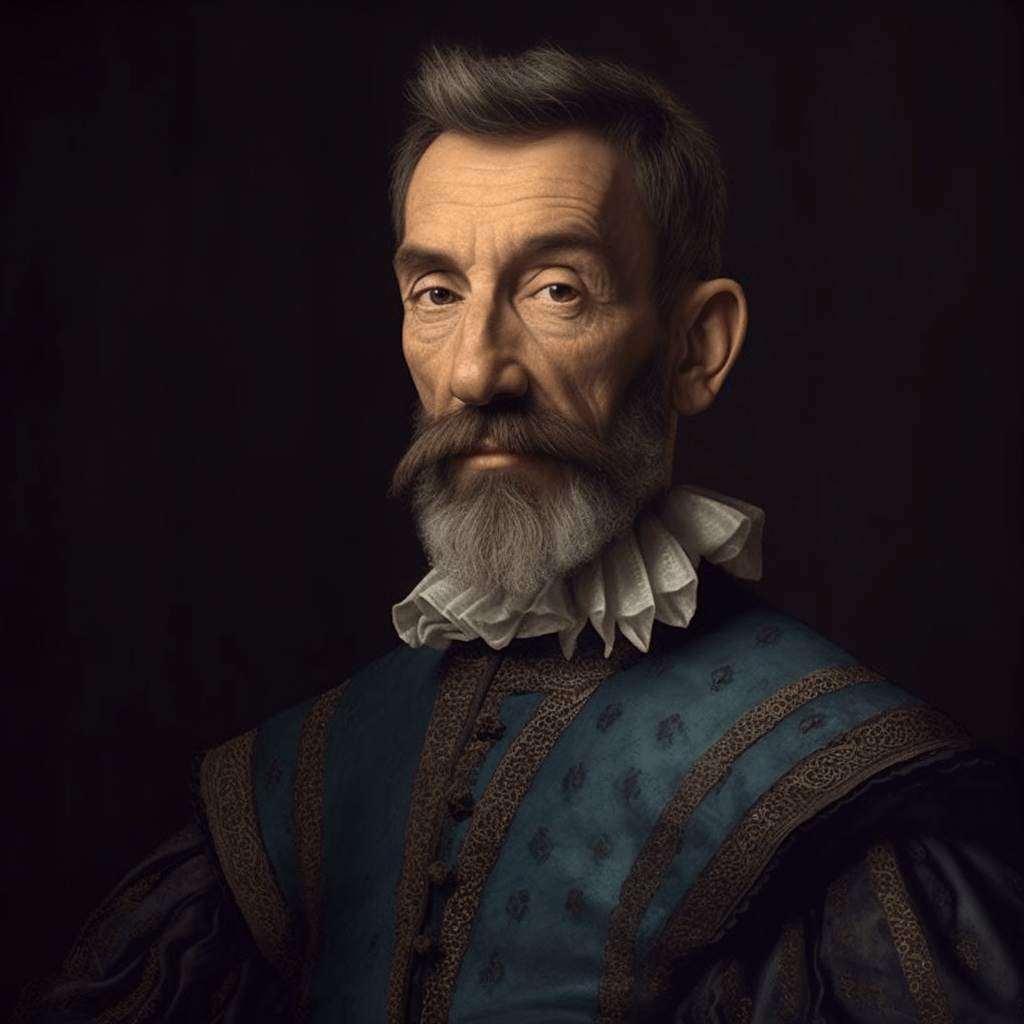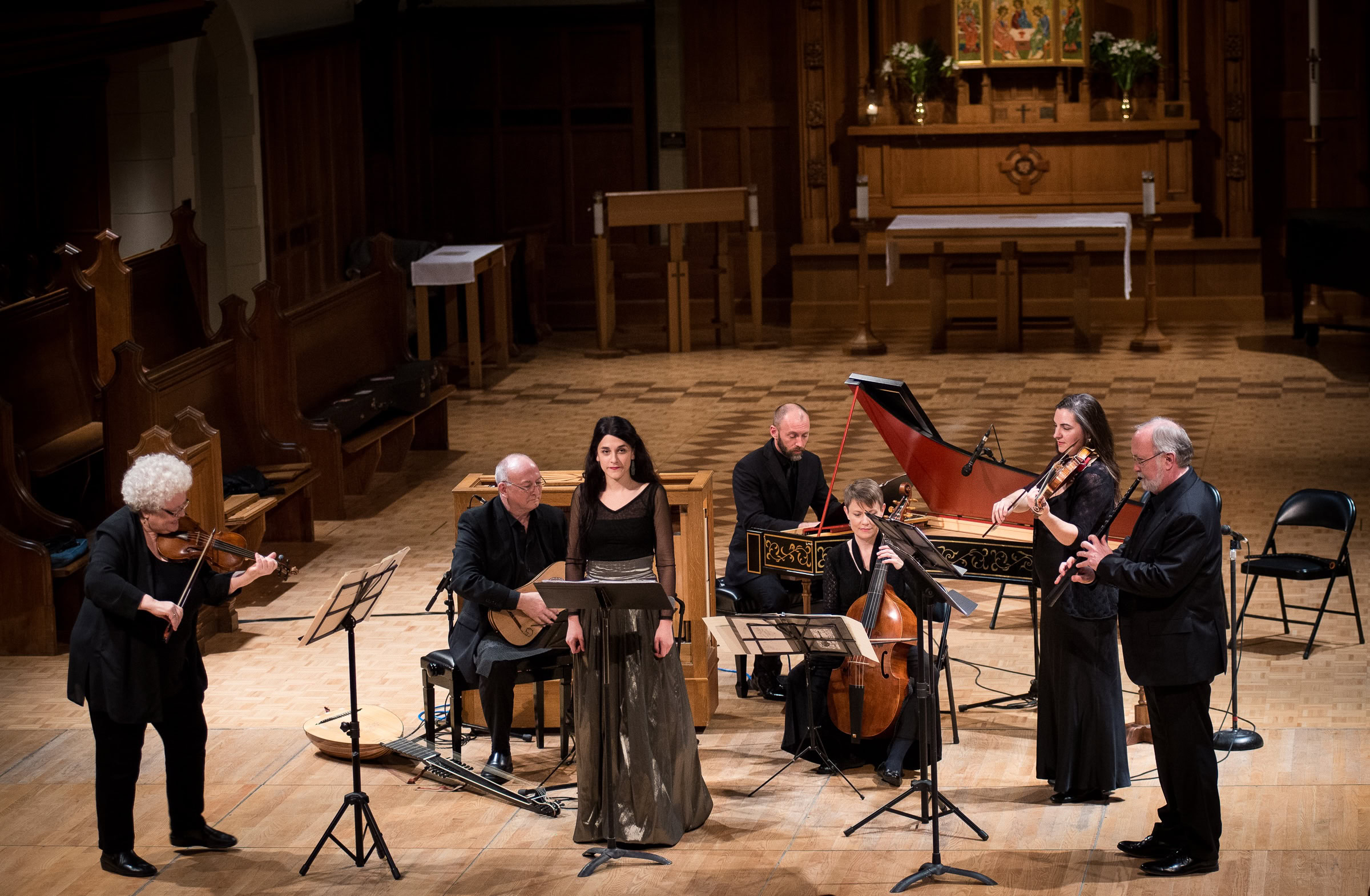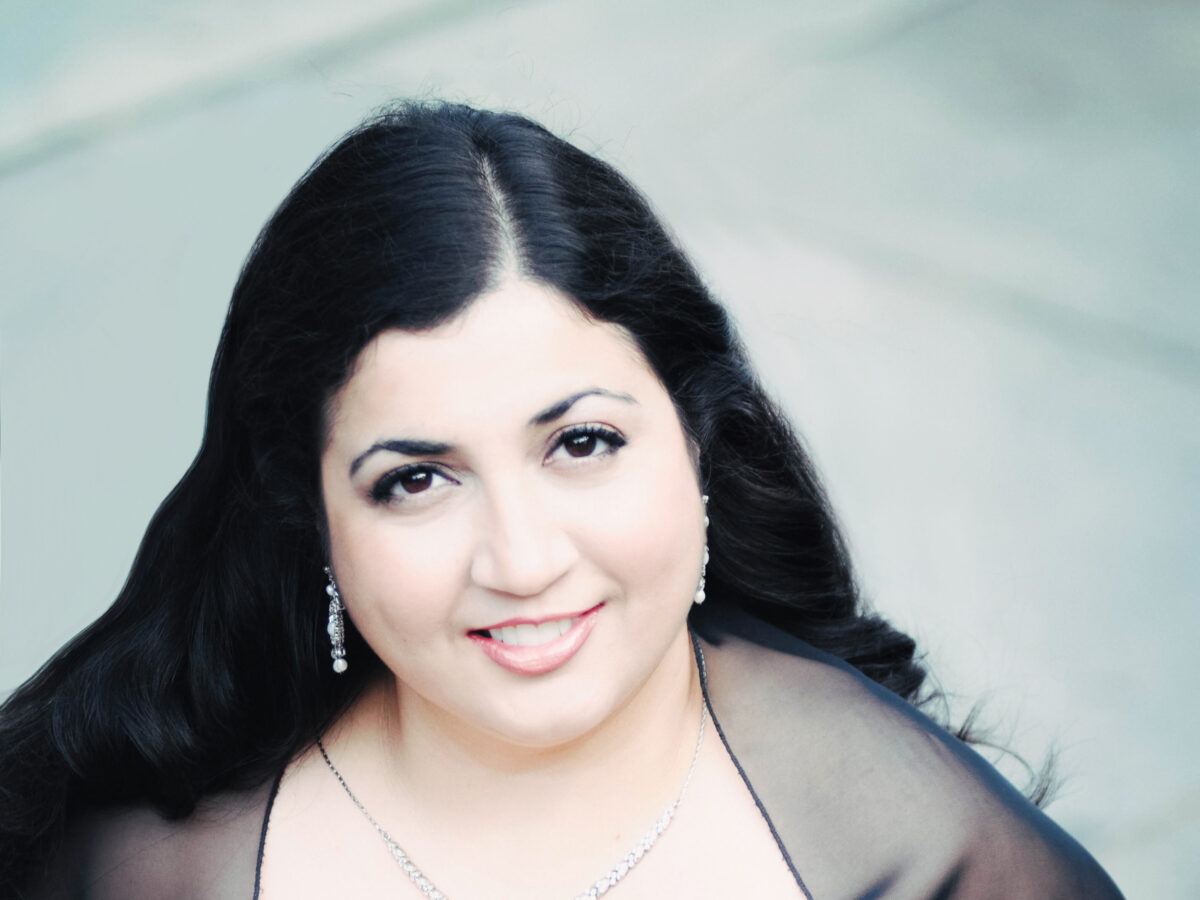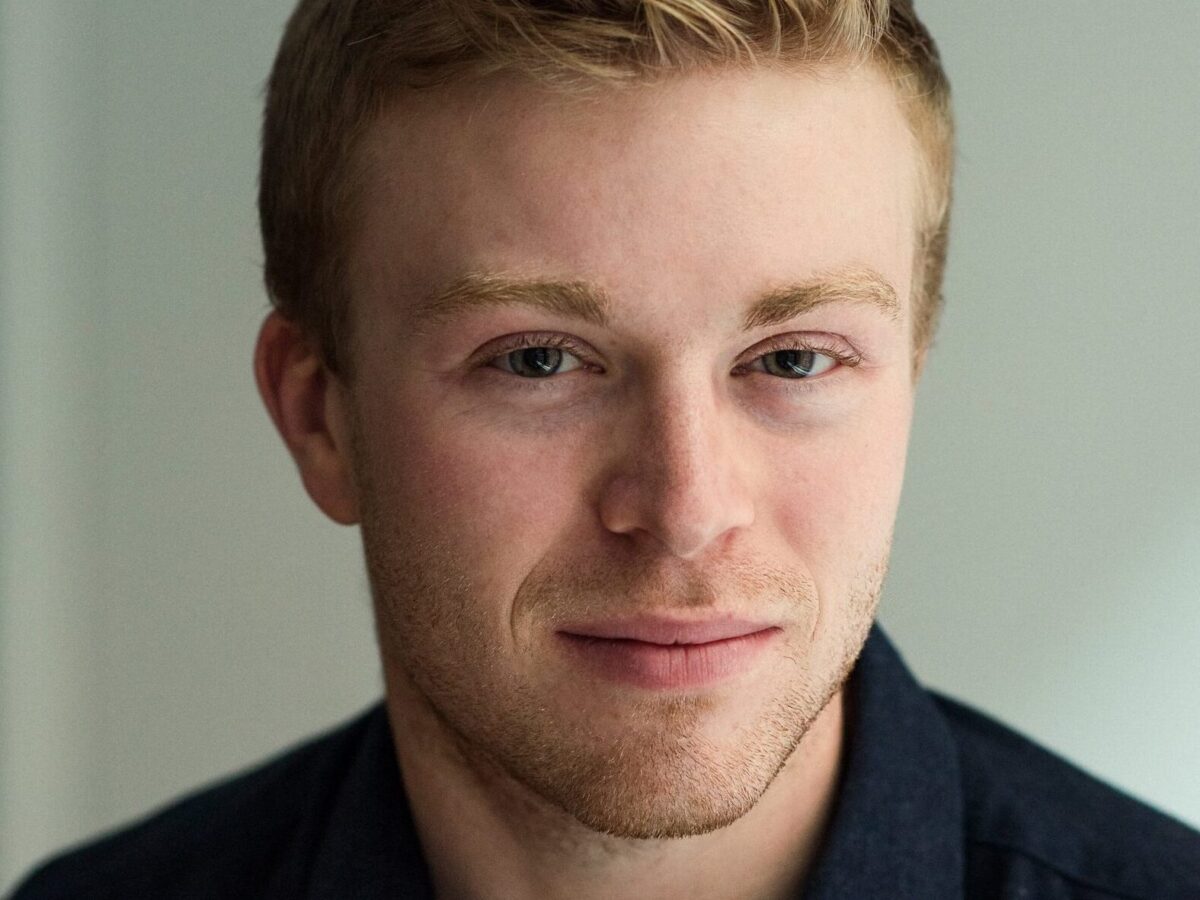Vancouver’s Early Music Festival brings eight days of cultural immersion to the city every year. Early Music is often classified as European music from the Medieval Period through to the Baroque (about 1800) but the Early Music Festival expands this definition to include music from outside the western European tradition, within the same period, such as the classical traditions of the Tang Dynasty in China, and of the Ottoman and Persian empires. The Festival explores music from the 19th century with historically informed performances thereby re-creating the original sound of the music as the composer intended it. The Festival curates programming that converses with the past. This summer we attended their presentation of Italian composer, Claudio Monteverdi’s large scale spiritual work, Vespers for the Blessed Virgin (Vespro della Beata Vergine), of 1610. Monteverdi was an important figure in the world of music history. He was instrumental in the transition between its Renaissance and Baroque periods. He is credited as being the father of opera music as well as for introducing the idea of secular music. He was known to write music that was beautiful, moving, highly emotional, spiritual, and intellectual. These vespers, or evening prayers, were an ambitious work at the time because of the variety of their styles and scoring. This collection of vespers boasts of Monteverdi’s best sacred music. It consists of six voices, which was also novel for the times. In this work Monteverdi pairs ancient musical traditions with the latest musical innovations of the time, and constantly changes the works’ textures and timbres, all the while remaining highly expressive and emotional.

Alexander Weimann directed the Pacific Baroque Orchestra and played the organ in this presentation. He led ten international soloists and a collection of 17th-century instrumentalists. The artists and the orchestra worked to together to produce a harmonious production that never strayed from absolute cohesion. Sopranos Hana Blazikova and Sherezade Panthaki’s beautiful vocals took the audience into gauzy spiritual realms with gentleness and confidence. Panthaki is of Indian origin and holds many accolades in performing and teaching of the music of the Baroque. Blazikova similarly is internationally renowned, she is a Czech soprano and harpist. Vancouver-born altos Nickolas Burns and Emma Parkinson provided the backbone and quiet strength to the performance. Tenor Charles Daniels led many moments of the production with his experienced guidance. He joined Lebanese-Palestinian Canadian tenor, Haitham Haidar, and Vancouver’s very own, Oliver Dalton, to bring the drama with gravity as well as playfulness. Baritone Steven Belanger, the executive director of the Vancouver Chamber Choir, brought energy with his body language and emotiveness. Cree-Metis Jonathan Adams and Ontario-born and Netherlands-based Drew Santini, rounded out this world class ensemble with their bass performance. The Pacific Baroque Orchestra brought the sounds of the trombone, violin, viola, cello, theorbo, violone, and the cornetto. This truly was a superlative group of international and local musical talents which did justice to Monteverdi’s pathbreaking work.

The first half of the program built up momentum slowly as the soloists travelled through eleven vespers. There was great variety in these pieces as the altos, tenors, sopranos, the baritone, and basses were added, subtracted, and shuffled to create fresh new combinations. The works varied in intensity and volume, but they all platformed the talent on stage and allowed each performer to shine. The sonorous wooden interiors of the Chan Centre showcased the sounds of the musical instruments accurately, as well as those of the singers who performed without the help of any microphones. During the twenty minute interval, the sun set amongst the evergreens and created a magical setting. Guests wandered over to the rose gardens to catch a sherbet sky and sweet floral scents. Back in the auditorium, the second half of the show comprised of two sacred pieces and then a Magnificat – a psalm spoken by Mary as she is visited by her cousin, Elizabeth. In this narrative, after Mary greets Elizabeth, John the Baptist moves within Elizabeth’s womb. Elizabeth praises Mary for her faith and Mary responds with the Magnificat. For attendees with limited knowledge of early music, the program guide, which included the Latin and English translations of the prayers, proved extremely helpful. The spiritual aspect of Monteverdi’s vespers is integral to their enjoyment. Understanding the meaning behind the prayers really added to their appreciation. Towards the second half of the Magnificat, the work became meditational, creating a frequency that was otherworldly and that took the audience with it as it ascended.
We learned a lot about early music, Monteverdi, and vespers by attending this wonderful evening of performances. The concert gave us a chance to slow down and revel in the simple powers of singing and of musical instruments, that is, in the simple powers of human voice, breath and hands. When the majority of commercial music in our lives today is overproduced beyond recognition, the early music festival gives us an opportunity to interact with music in its most organic forms. The Early Music Festival runs till August 8th and has in store many similar evenings. We highly recommend a visit!
Get your tickets here!





